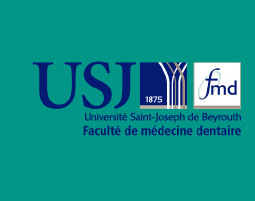International Arab Journal of Dentistry
Abstract
Effective root canal disinfection is necessary for success of endodontic treatment. Traditional chemo-mechanical techniques such as sodium hypochlorite, mechanical preparation and calcium hydroxide used for intracanal disinfection usually fail in cases of biofilm-related infections. Therefore, several new strategies are applied for root canal disinfection. One of these strategies is using of diode laser that has recently gained significant attention in the endodontic practice due to its antibacterial action, bio-stimulation, decrease of pain and improvement of success. Moreover, it has several advantages like its low cost, easily application, penetration power into dentine and smaller size device compared with other types of lasers. Diode laser has been applied for root canal disinfection with various degrees of success in both in vitro and in vivo studies. Nevertheless, small number of published randomized clinical trials in humans with small sample sizes and high heterogeneity provide insufficient support for its efficacy. Furthermore, the results of diode laser in root canal disinfection are controversial. Future high quality studies are recommended to assess the effectiveness of diode laser on various microbial endodontic species and to confirm its role in disinfection of the root canal system in human teeth. This synopsis describes the current scientific understanding and the status of diode laser efficacy in root canal disinfection.
Recommended Citation
Abu-Seida, Ashraf M.; El-Tayeb, Mohamed M.N.; and Hassanein, Elhassan E.
(2024)
"Synopsis on the Role of Diode Laser in Root Canal Disinfection,"
International Arab Journal of Dentistry: Vol. 15:
Iss.
1, Article 18.
Available at:
https://digitalcommons.aaru.edu.jo/iajd/vol15/iss1/18

